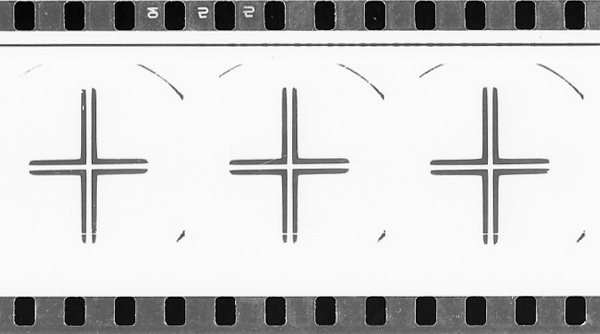Synopsis
An admirable work of cognitive mapping,
Johan van der Keuken's
I Love Dollars travels to New York, Amsterdam, Hong Kong, and Geneva in order to explore the disparities and contradictions of the then emerging neoliberal economic 'reality' as well to document the hypocritical and often surreal monetary logic generated by the growing hegemony of finance capital. All four cities are financial centers, but each has a singular financial identity because of its place within either the history of capitalism or the current structure of the world system. The film dialectically plays with this tension between the global and the local as it shows different scenes shot across the globe of frenzied trading and financial maneuvering. In each city, Keuken interviews individuals with important positions in the local institutions of financial markets. Thoroughly lacking in modesty and generally ignorant of or indifferent to the devastating consequences of their actions, each individual enthusiastically offers up his personal philosophy of money. For example, one figure, when asked what money is, responds: "money is what creates more money." But through these financial 'lessons' and other conversations, the film registers an astonishing number of issues related to financial markets and contemporary economics, including the risky nature of futures markets, the relation of sovereign debt defaults in South America to changes in gold prices, the increased investment attractiveness of new information technologies over more traditional industries, the rise of credit debt to replace declining purchasing power, anxieties over the financing of America's national debt, and the fuzzy conception of the value of the dollar in the post-Bretton-Woods world. Perhaps no other film could as fittingly conclude with a reference to the 1985 Plaza Accord, which saw the deliberate depreciation of the dollar (see
Robert Brenner's
The Economics of Global Turbulence for an analysis of the Plaza Accord). Throughout the film, Keuken contrasts this solipsistic, self-referential world of finance with the lives of the poor and disempowered who are most deeply impacted by the abstract and flexible flows of capital. The most extensive and moving of these sequences focuses on Alphabet City in Manhattan, which, like the South Bronx, had been turned into a wasteland of rubble and abandoned buildings by landlords seeking profits through insurance-and-arson schemes. Some hope appears as Keuken shows the local Puerto Rican residents attempting to maintain their community in the face of this destructive monetary onslaught.

